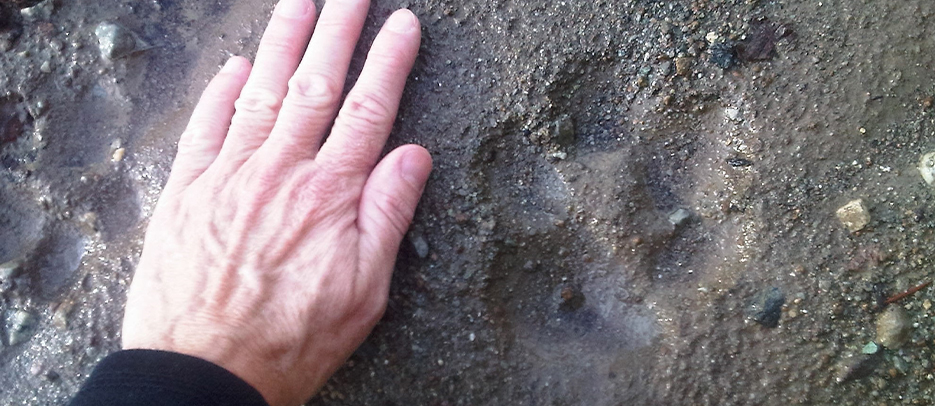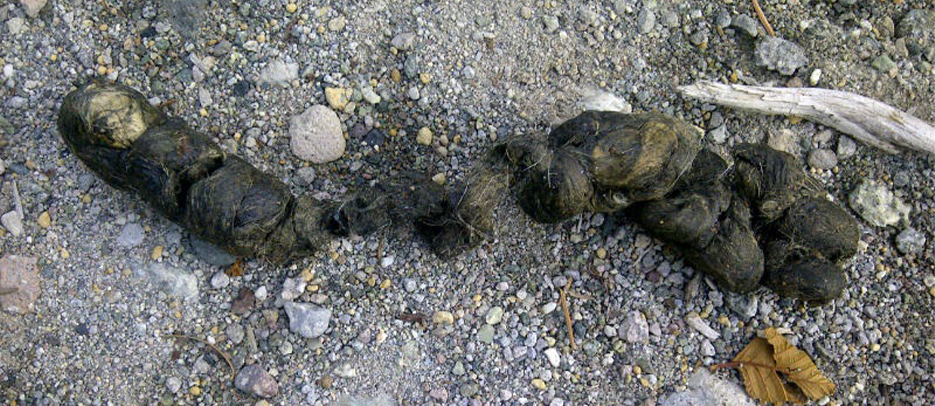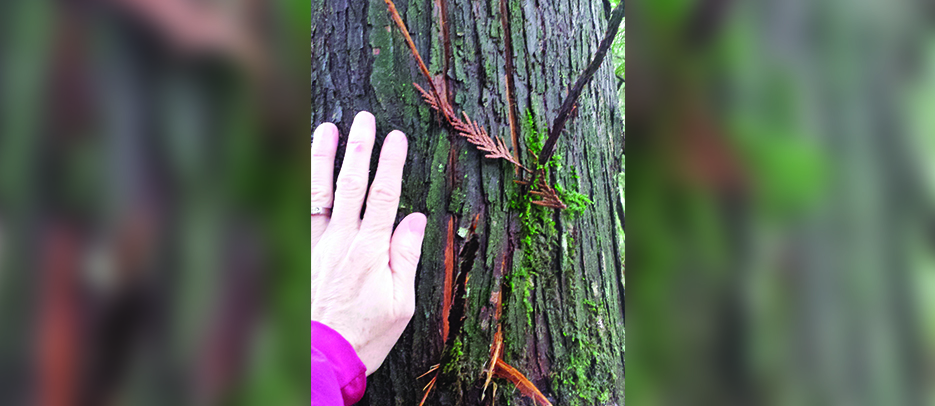Cougar
Squamish is located in prime cougar habitat. Cougars are active throughout the year and are elusive animals that prefer to avoid contact with humans. While conflict encounters are uncommon, it is important to be alert and aware. Stay safe and keep cougars wild by following these simple guidelines:
At Home
- Do not attract or feed wildlife. Deer, raccoons, mice and rabbits are natural prey and may attract cougars.
- Do not leave pet food outside as this can attract wildlife.
- Ensure birdseed is not attracting wildlife.
- Ensure garbage is locked to prevent attracting rodents, raccoons or coyotes.
- Roaming pets are easy prey: bring pets in at night. If they must stay outside at night, ensure they are in a kennel with a secure roof.
- Cut back brush to reduce cover for cougars to rest and to increase sight lines for better visibility.
- Install motion sensor lights.
On the Trails
- Be alert and aware at all times.
- Avoid surprise encounters by making noise -- i.e. use your voice
- Hike or bike in groups of two or more and keep children close at hand.
- Keep dogs leashed.
- Look for signs of fresh cougar activity -- i.e. claw marks on trees or logs, scat or paw prints.
- Avoid food caches: cougars will cover unconsumed portions of their kill with twigs, leaf litter or soil. If you come across a cache, leave the area immediately. Be alert to circling ravens or turkey vultures.
- Riding or running quickly and quietly puts you at risk for surprise encounters. Slow down going around blind corners and make noise.
- Cougar kittens are usually well-hidden. However, if you do encounter cougar kittens, do not approach or attempt to pick them up. Leave the area immediately, females will defend their young.
- Carry bear spray and know how to use it.
Children
Cougars seem to be attracted to children, possibly because of their high-pitched voices, small size, and erratic movements which make it difficult for cougars to identify them as human and not prey.
- Teach children what to do if they encounter a cougar.
- Encourage children to play outdoors in groups, and supervise children playing outdoors.
- Consider getting a dog for your children as an early-warning system. A dog can see, smell, and hear a cougar sooner then we can. Although dogs offer little value as a deterrent to cougars, they may distract a cougar from attacking a human.
- Consider erecting a fence around play areas.
- Keep a radio playing.
- Dusk and dawn are typically times when cougars are most active.
- If there have been cougar sightings, escort children to the bus stop in the early morning. Clear shrubs away around the bus stop, making an area with a nine-metre (30 foot) radius. Have a light installed as a general safety precaution.
Encountering Cougars
- Never approach a cougar. Although cougars will normally avoid a confrontation, all cougars are unpredictable. Cougars feeding on a kill may be dangerous.
- Always give a cougar an avenue of escape.
- Stay calm. Talk to the cougar in a confident voice.
- Pick all children up off the ground immediately. Children frighten easily and their rapid movements may provoke an attack.
- Do not run. Try to back away from the cougar slowly. Sudden movement or flight may trigger an instinctive attack.
- Do not turn your back on the cougar. Face the cougar and remain upright.
- Do all you can to enlarge your image. Don't crouch down or try to hide. Pick up sticks or branches and wave them about.
IF A COUGAR BEHAVES AGGRESSIVELY
- Arm yourself with a large stick, throw rocks, speak loudly and firmly. Convince the cougar that you are a threat and not prey.
- If a cougar attacks, fight back! Many people have survived cougar attacks by fighting back with anything, including rocks, sticks, bare fists, and fishing poles.
(For more information about cougars, please visit the Province of BC Ministry of Environment site: The information below is taken from the taken from the Environmental Stewardship Division of the Ministry of Environment)
More information





